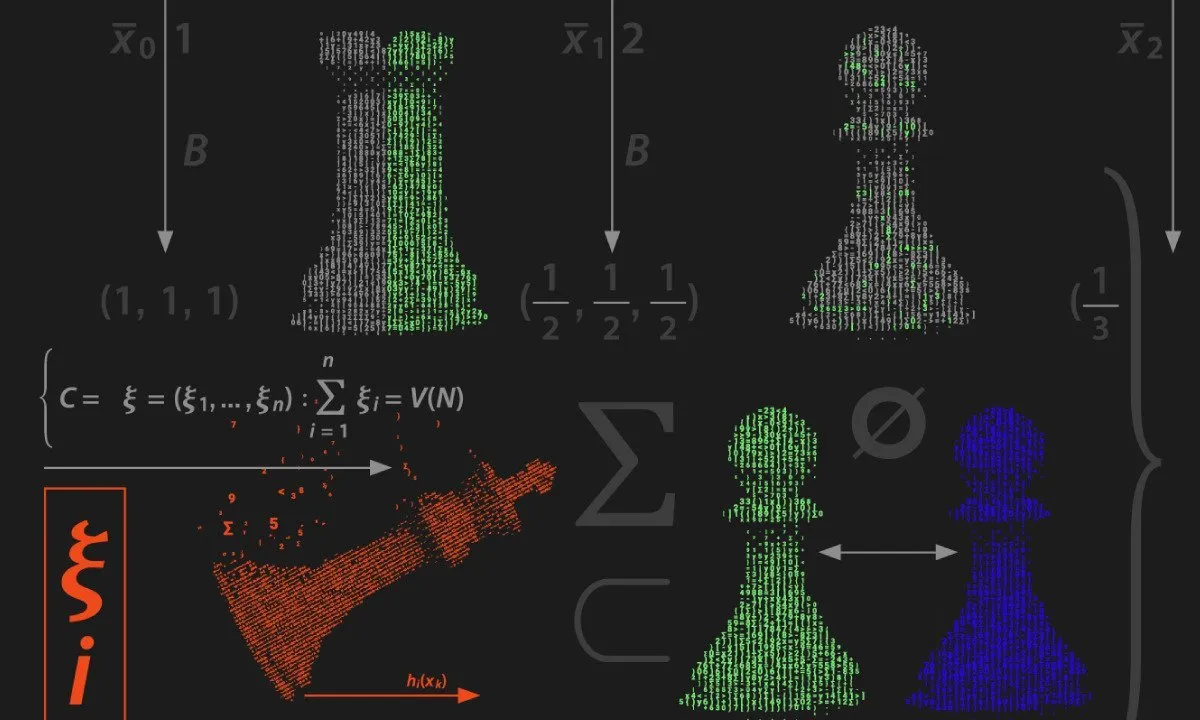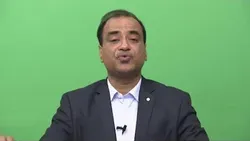
Studying Cities: Social Science Methods for Urban Research 
This course, Studying Cities: Social Science Methods for Urban Research, provides an introduction to the research cycle and the necessary tools to understand and evaluate key steps in scientific research. Through video lectures, in-video questions, and a final peer review, you will gain insight into the different steps of the research cycle, build a firm foundation for your own future research endeavors, and learn the components and criteria of the theoretical framework and operationalization, research strategies, and the collection and analysis of quantitative and qualitative data. ▼
ADVERTISEMENT
Course Feature
![]() Cost:
Cost:
Free
![]() Provider:
Provider:
Coursera
![]() Certificate:
Certificate:
Paid Certification
![]() Language:
Language:
English
![]() Start Date:
Start Date:
24th Jul, 2023
Course Overview
❗The content presented here is sourced directly from Coursera platform. For comprehensive course details, including enrollment information, simply click on the 'Go to class' link on our website.
Updated in [May 25th, 2023]
The Institute for Housing and Urban Development Studies (IHS) at Erasmus University Rotterdam offers the course Studying Cities: Social Science Methods for Urban Research. This course provides students with the basic knowledge necessary for any Master-level program, with a special focus on urban and local development. The course covers the different steps of the research cycle, including the problem statement, research objective, empirical cycle, research question, theoretical framework and operationalization, research strategies, and the collection and analysis of quantitative and qualitative data. Students will gain insight into these topics through video lectures with in-video questions and a final peer review. Upon completion of the course, students will have a firm foundation for their own future research endeavors.
[Applications]
Upon completion of the course, participants will have a better understanding of the research cycle and the necessary steps to conduct scientific research in an urban or local context. They will be able to apply the knowledge they have gained to their own research projects, and be able to evaluate the quality of research conducted by others. Participants will also be able to identify the most suitable research strategies for their own research projects, and be able to collect and analyze quantitative and qualitative data.
[Career Paths]
1. Urban Planner: Urban Planners are responsible for the development and implementation of plans for the physical development of cities and towns. They work with local governments, developers, and citizens to create plans that are both economically and environmentally sustainable. Urban Planners must be knowledgeable in a variety of topics, including land use, transportation, public health, and environmental regulations. As cities become more complex and globalized, the demand for Urban Planners is expected to increase.
2. Urban Researcher: Urban Researchers are responsible for conducting research on urban issues, such as housing, transportation, public health, and economic development. They use a variety of methods, including surveys, interviews, and data analysis, to collect and analyze data. Urban Researchers must be knowledgeable in a variety of topics, including urban planning, sociology, and economics. As cities become more complex and globalized, the demand for Urban Researchers is expected to increase.
3. Urban Policy Analyst: Urban Policy Analysts are responsible for analyzing and evaluating urban policies and programs. They use a variety of methods, including surveys, interviews, and data analysis, to collect and analyze data. Urban Policy Analysts must be knowledgeable in a variety of topics, including urban planning, sociology, and economics. As cities become more complex and globalized, the demand for Urban Policy Analysts is expected to increase.
4. Urban Designer: Urban Designers are responsible for designing and developing urban spaces. They use a variety of methods, including surveys, interviews, and data analysis, to collect and analyze data. Urban Designers must be knowledgeable in a variety of topics, including urban planning, architecture, and landscape design. As cities become more complex and globalized, the demand for Urban Designers is expected to increase.
[Education Paths]
1. Master of Urban Planning: A Master of Urban Planning degree is a great way to gain the skills and knowledge necessary to conduct research in an urban context. This degree focuses on the planning and development of cities, and provides students with the tools to understand the complexities of urban life. Students will learn about urban design, land use planning, transportation, housing, and economic development. Additionally, they will gain an understanding of the social, economic, and environmental issues that affect cities. This degree is becoming increasingly popular as cities become more complex and the need for urban planners grows.
2. Master of Public Policy: A Master of Public Policy degree is another great way to gain the skills and knowledge necessary to conduct research in an urban context. This degree focuses on the development of public policy, and provides students with the tools to understand the complexities of policy-making. Students will learn about policy analysis, public administration, economics, and political science. Additionally, they will gain an understanding of the social, economic, and environmental issues that affect public policy. This degree is becoming increasingly popular as cities become more complex and the need for policy makers grows.
3. Master of Social Work: A Master of Social Work degree is a great way to gain the skills and knowledge necessary to conduct research in an urban context. This degree focuses on the social and psychological aspects of urban life, and provides students with the tools to understand the complexities of urban life. Students will learn about social work practice, social welfare policy, and human behavior. Additionally, they will gain an understanding of the social, economic, and environmental issues that affect cities. This degree is becoming increasingly popular as cities become more complex and the need for social workers grows.
4. Master of Science in Urban Studies: A Master of Science in Urban Studies degree is a great way to gain the skills and knowledge necessary to conduct research in an urban context. This degree focuses on the study of cities, and provides students with the tools to understand the complexities of urban life. Students will learn about urban geography, urban sociology, urban economics, and urban planning. Additionally, they will gain an understanding of the social, economic, and environmental issues that affect cities. This degree is becoming increasingly popular as cities become more complex and the need for urban researchers grows.
Pros & Cons

Very effective course

Learned new applied Social Science methods

Specialized content

Great opportunity to learn about methods of academic research

Helped with degree project

Presents all steps to prepare research proposal

Last task too demanding

Quizes too textual

Some terms not everyone know
Course Provider

Provider Coursera's Stats at AZClass
Discussion and Reviews
0.0 (Based on 0 reviews)
Explore Similar Online Courses

Mathematical Game Theory

Free Time Management Tutorial - A Mini Course on Time Management

Python for Informatics: Exploring Information

Social Network Analysis

Introduction to Systematic Review and Meta-Analysis

The Analytics Edge

DCO042 - Python For Informatics

Causal Diagrams: Draw Your Assumptions Before Your Conclusions

Whole genome sequencing of bacterial genomes - tools and applications

FA19: Statistical Modeling and Regression Analysis

Statistical Inference and Hypothesis Testing in Data Science Applications


Start your review of Studying Cities: Social Science Methods for Urban Research